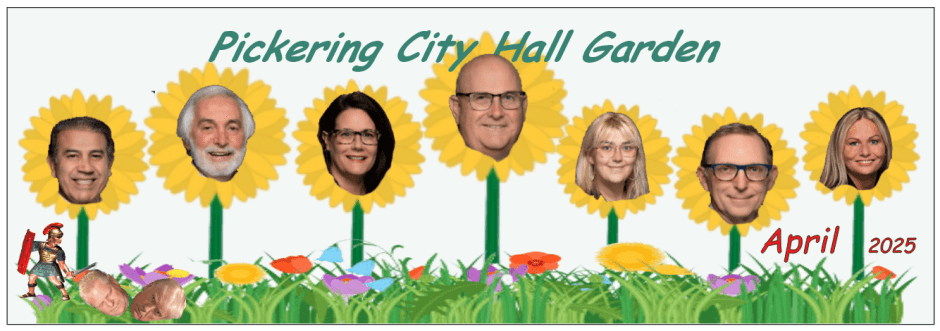 CONCLAVE
CONCLAVE
Robert Harris
____________________________
An excellent read. Definitely among the top 5 I have ever read.
Synopsis
Robert Harris’ Conclave immerses readers in the clandestine and high-stakes world of a papal election. When Pope Pius XIII, a polarizing reformist, dies suddenly, the College of Cardinals convenes in Vatican City to elect his successor. The novel centers on Cardinal Jacopo Lomeli, the aging Dean of the College, tasked with overseeing the conclave. A man of deep faith, Lomeli grapples with personal doubts and the weight of ensuring a divinely guided choice amidst escalating rivalries.
The conclave, sequestered within the Sistine Chapel, unfolds with meticulous ritual—secret ballots, burned votes, and the timeless chant of fumata bianca. Yet beneath the solemnity simmers intense politicking. Key contenders emerge: Cardinal Joseph Tremblay, a savvy Canadian populist; Cardinal Joshua Adeyemi, a charismatic Nigerian critic of Western materialism; and Cardinal Angelo Bellini, an Italian intellectual favored by reformers. Harris intricately layers their ambitions, vulnerabilities, and secrets, exposing clashes between tradition and progress, humility and ambition.
Complicating matters is Cardinal Vincent Benítez, a reclusive Filipino archbishop whose unexpected inclusion as a cardinal-elector, made cardinal secretly by the recent pope—sparks tension. Meanwhile, Lomeli uncovers discrepancies in the late Pope’s administrative actions, hinting at hidden agendas and financial corruption. External pressures mount, including media scrutiny and global crises, testing the cardinals’ resolve.
As voting cycles through deadlocks, allegiances shift, and scandals emerge, Lomeli confronts ethical quagmires, balancing his duty to the Church with the moral complexities of the candidates.
Harris masterfully blends historical detail with fiction, crafting a taut narrative rich in suspense and moral introspection. The conclave’s outcome hinges on a profound revelation that challenges notions of divine will and human frailty, culminating in an unexpected twist that redefines the future of the Church.
Conclave is a riveting exploration of power, faith, and integrity, offering a behind-the-scenes glimpse into one of the world’s most secretive processes. Through Lomeli’s journey, Harris interrogates the interplay between spirituality and institutional politics, leaving readers to ponder where true leadership lies—in tradition, reform, or an unanticipated path.
Richard says
Conclave nearly dislodges Dan Brown’s The Da Vinci Code as the best book ever. It is important to remember that these books, as realistic as they sound, are works of fiction, and this is very important in order to accept Harris’ climactic finish.
Conclave is a very polished, engaging, and edifying read that takes the reader behind the secret process of a papal election in words, location, and fictional clerics of the Catholic church’s uppermost hierarchy.
The strength of the book comes from the unrelenting suspense that Harris develops, suspense based on the machinations that accompany the papal electoral process, personal ambitions, personable foibles and the egos of the fictional characters. As much as we believe that church seniors would be humble and unselfish, they are human and, as such, are as self-centered and self-concerned as any other person may be. They are as greedy and acquisitive in their financial avarice. In their lives, they are as lustful and yielding to the temptations of the flesh as the next person. In the electoral process of electing a pope, they are as unbridled in their political scheming as any politician. Machiavellian even.
Harris further develops the suspense using the balloting process. Each vote changes the dynamics of the suspense. First, simple vanity seems to come to the fore. Then, the desire for power and control. Then, the characters expressed anger and envy to garner more votes.
Cardinal Lomeli, Dean of the Cardinal Congregation, is Harris’ primary tool for analyzing and examining the thinking prevalent during the electoral narrative. The reader hears his thinking or hears what others are thinking through conversational exchanges with Lomeli. Tension rises with each ballot displaying the top contenders’ results. Harris continues to develop tension and suspense toward the next vote.
There are several subplots throughout the book, each adding more tension to the main plot, who will be the next pope. All indications point to Lomeli as the prime contender, even though he rejects the idea fully at the beginning and campaigns against such an outcome. Eventually, he “puts himself in God’s Hands,” willing to accept the outcome whichever way it goes.
The story takes new twists with terrorist acts, a clandestine break-in into the deceased pope’s chambers to discover secret documentation hidden within concealed hideaways. Harris drops barely noticed hints at his astounding climax all along the way, and Lomeli ceaselessly prods readers into pausing and reconsidering the actions, incidents, and events.
The book’s climax is so surprising and shocking that most readers will pause to consider the revelation.
Some final thoughts
Harris’ book’s greatest strengths are based on several factors: the surnames of the Cardinals, fictional but very appropriate; the scenes in which the action unfolds are based on the actual Vatican; the prayers invoked by Lomeli sound religious and authentic; the events that occur sound plausible and believable. Harris builds his story on reality as much as possible. Authorities granted him access to privileged Vatican locations and exclusive interviews, providing insights into Vatican life.

Conclave is an excellent read, a story of continuously developed suspense and tension. It is definitely a book that should entertain and satisfy most readers greatly.










